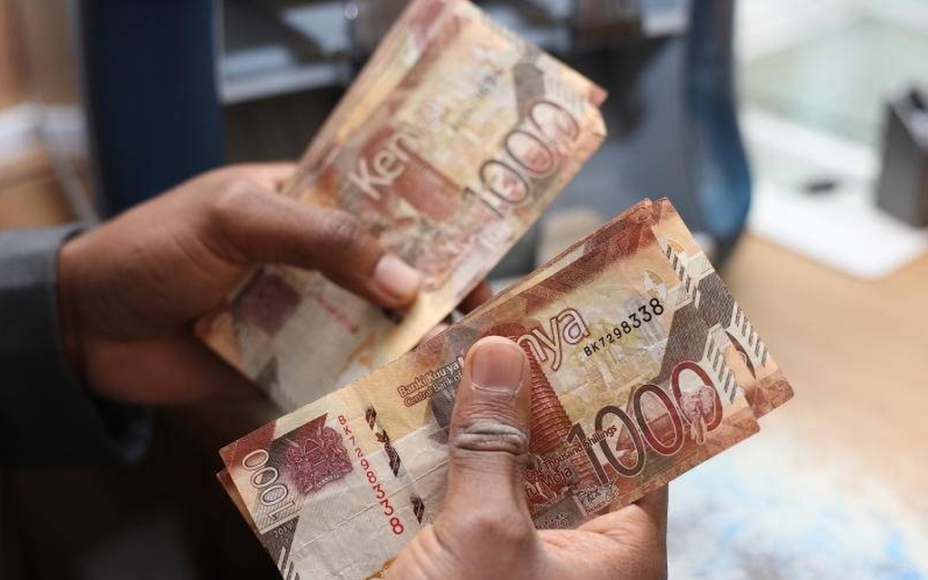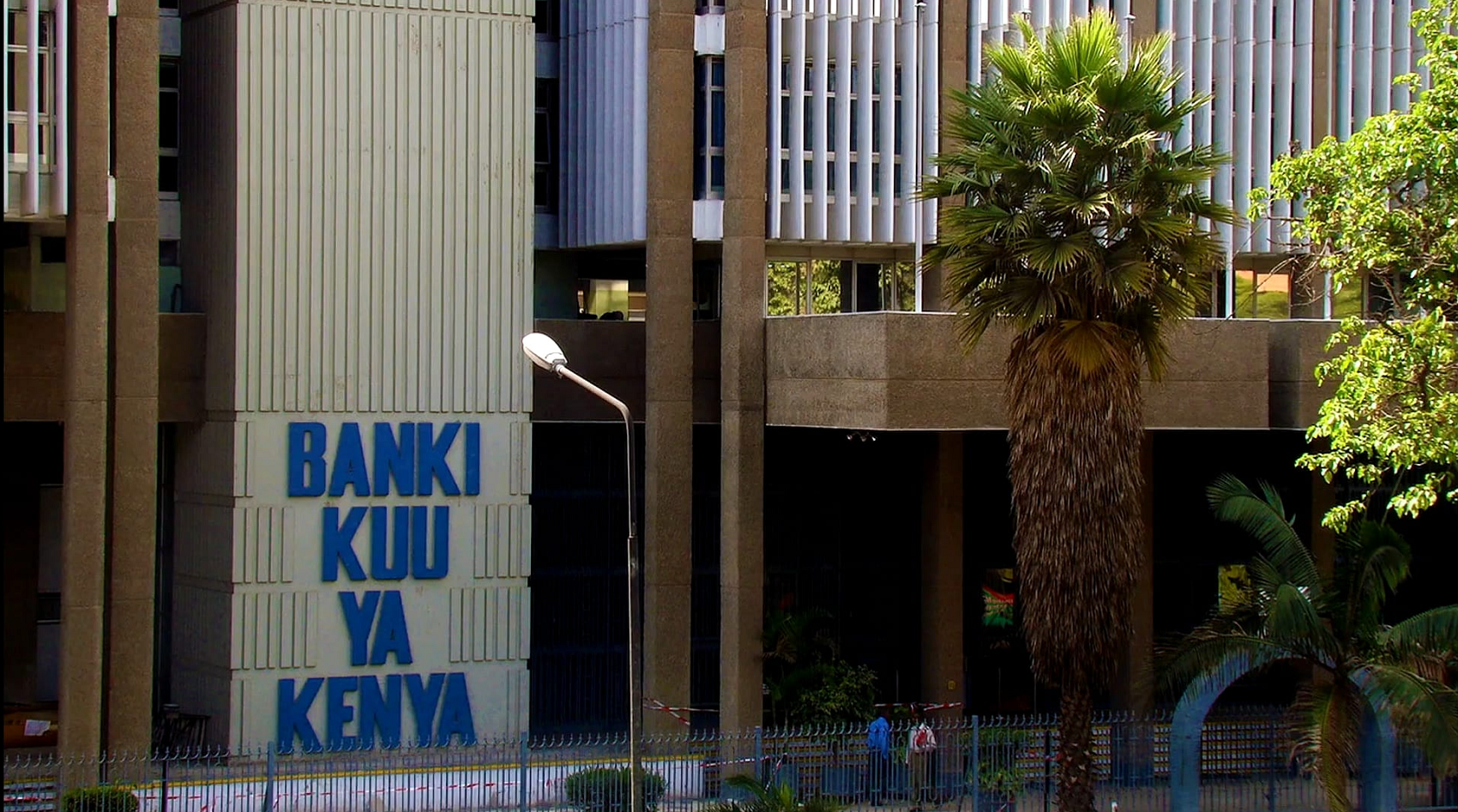Kenya is putting many thousands of shillings in the pockets of those at the bottom end of the pay scale than any of her counterparts, Uganda and Tanzania, in East Africa – it has the highest minimum wage. A minimum wage is the minimum amount of remuneration that an employer is required to pay wage earners for the work performed during a given period, which cannot be reduced by collective agreement or an individual contract, the International Labour Organization defines.
A fairer minimum wage that slightly matches or exceeds the living costs increases the work productivity of low-income individuals by improving employee morale and work ethic, promotes their peace of mind, and can have a lasting and positive effect on their standard of living as an enabler of moving out of poverty. Also, a minimum wage rate adjusted to remove the effects of inflation has a demonstrably positive overall impact on the overall economy because of its consequent stimulation of consumer demand amongst these low-paid workers and the resultant robust spending, which helps to grow small businesses.
>> Why the Kenya Shilling is Strengthening Against the Dollar
Kenya has been gradually increasing its minimum wage proportionately to the soaring median incomes in the job market to cushion employees in the lowest tier from the cost of living crisis and to fix income inequality by putting more money in the hands of low earners.
According to the Ministry of Labour and Social Protection in the latest Regulation of Wages Order, the national minimum wage in Kenya ranges from Ksh8,109.90 to Ksh15,201.65 per month for lower-paid workers like cleaners, sweepers, gardeners, watchmen (security guards), and domestic servants.
Their monthly earnings largely depend on occupation, sector, and location, and for instance, the lowest monthly salary that other low-income employees like loggers, miners, cooks, waiters, waitresses, bartenders, and cooks can receive when working in the cities of Nairobi, Mombasa, Kisumu, and Nakuru is Ksh16,417.90, nearly twice more than those holding similar jobs in other parts of Kenya who make an average Ksh9,370.30 a month.
These figures sharply differ from the wage floors of the same groups in Tanzania, which get a monthly minimum of between Tsh60,000 and Tsh150,000 (roughly Ksh9,346), and in Uganda, where they earn a meager Ush6,000, an equivalent of close to Ksh250 a month. Unreasonable?
Well, Uganda’s outdated legal subminimum wage has never been reviewed since 1984, leading to the overexploitation of workers in their job space and a further increase in internal poverty levels.
In 2019, the 10th Ugandan Parliament tried to pass an ambitious minimum wage policy through the Minimum Wage Bill of 2015, which could have lifted the country’s minimum wage to Ush136,000 (about Ksh5,578) per month, but guess what? The autocratic President Museveni failed to sign the Bill into law, claiming that there were no gaps and that the existing law was adequate and enforceable, as put by the Daily Monitor.
Up to now, Ugandans are still exploring other possible constitutional avenues of turning the Bill into law without the President’s assent to protect the welfare of workers who may have little recourse but to work at very low wages below bare subsistence levels.
More or less, Kenya beats both Uganda and Tanzania in fair compensation, paying workers the highest wages in East Africa in the private and public sectors.
>> Shortage of Cash Causing Anxiety Among Kenyans













Leave a comment